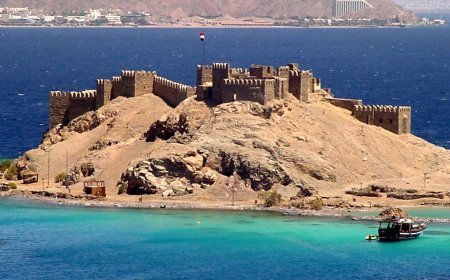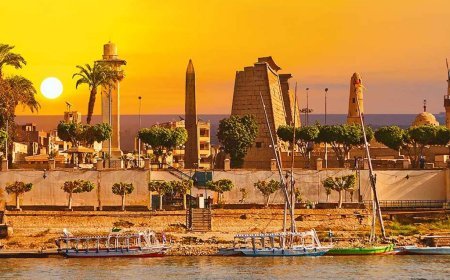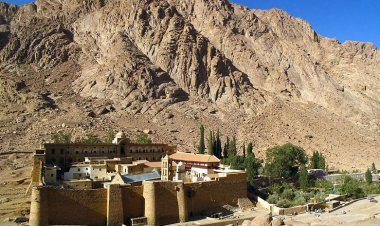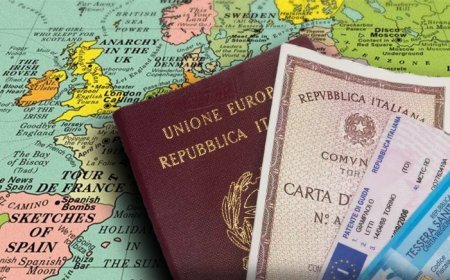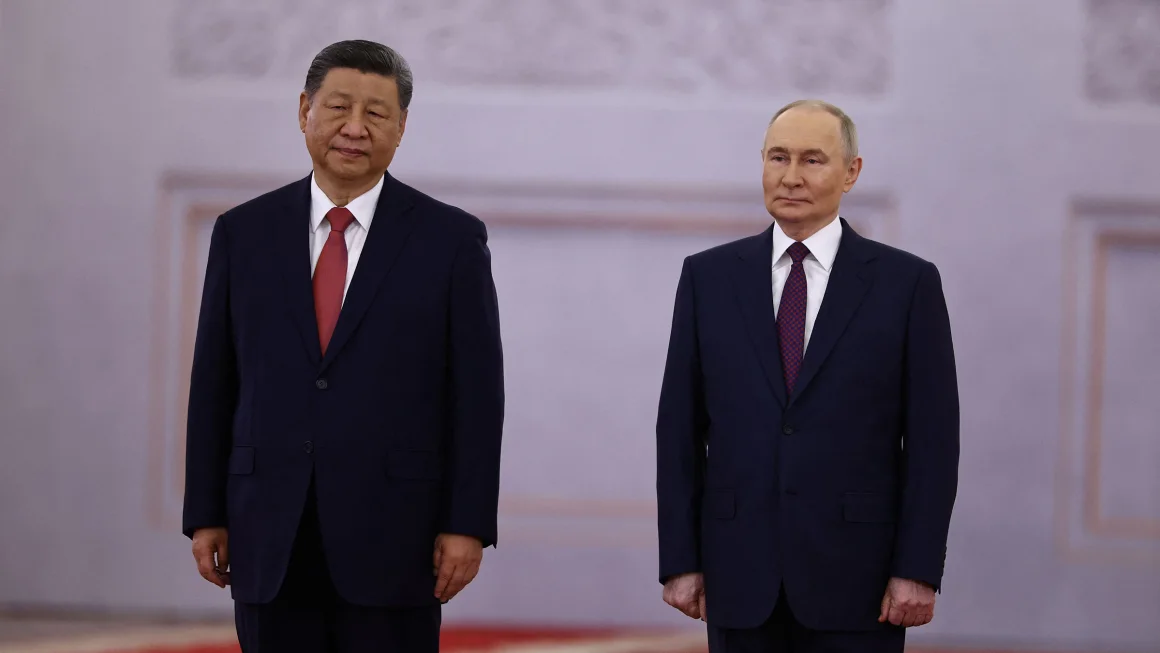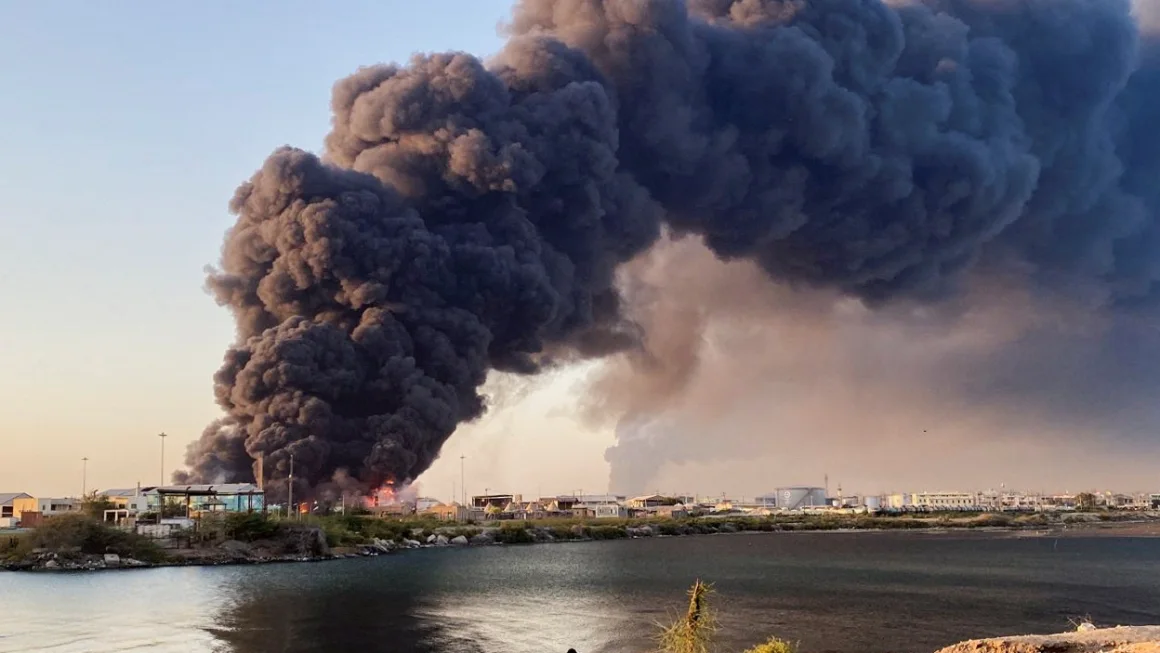Erdogan turns up the heat on Israel as his party’s popularity wanes
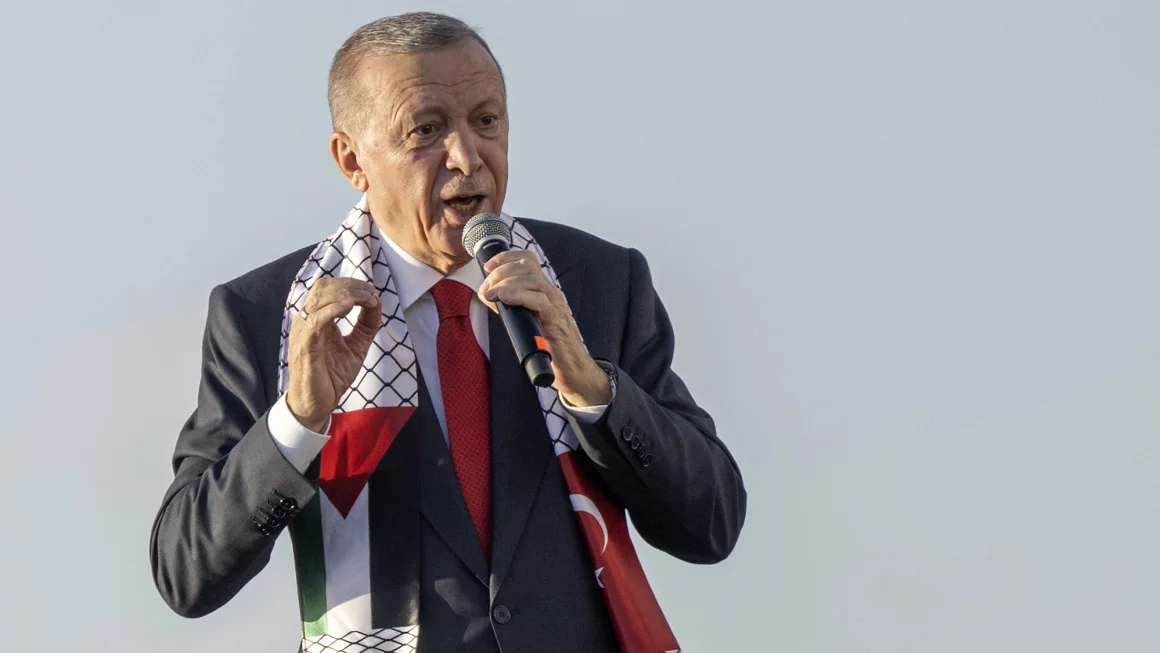
Editor’s Note: A version of this story appears in CNN’s Meanwhile in the Middle East newsletter, a three-times-a-week look inside the region’s biggest stories. Sign up here.
Since the war in Gaza began, Turkish President Recep Tayyip Erdogan has been one of Israel’s harshest and most vocal critics – routinely branding it a terror state, comparing its prime minister to Hitler and heaping praise on Hamas.
The Palestinian militant group is considered a terror group by most members of NATO, but not Turkey.
Some Western critics might accuse Erdogan of going too far in supporting Hamas, but recent events suggest he has not yet appeased his domestic political base.
After Erdogan’s ruling party was handed a humbling defeat in local elections in March, he promised to think hard about what went wrong. Beyond the sputtering Turkish economy – many pundits blamed the electoral setback on his stance on Israel and its war in Gaza.
Political challengers, like the smaller, ultra-conservative New Welfare party, managed to siphon off votes from the president’s ruling AK Party by taking a tougher stance against Israel and demanding concrete actions beyond the fiery rhetoric Erdogan is known for.
“We do not see (the government) doing anything other than speaking and condemning. There are no sanctions, no concrete steps taken, trade with Israel still continues,” said New Welfare’s leader Fatih Erbakan in March.
The president may have believed that strong rhetoric against Israel was enough, Seda Demiralp, a political scientist at Isik University, told CNN after the election. “Erdogan really underestimated New Welfare and how much New Welfare could mobilize conservative voters.”
Correcting course
After the election, Erdogan wasted little time correcting course, swiftly moving to match words with actions. In a matter of days, some trade with Israel was cut off. Three weeks later, all trade was cut off. Some $7 billion worth of annual trade – mostly Turkish exports – is now on pause until the war is over.
That wasn’t all. Last month, Turkey announced its intention to join the genocide case against Israel at the International Court of Justice. Already warm ties with Hamas were made even warmer when Erdogan hosted the group’s political leader Ismail Haniyeh in Istanbul on April 20, and posed with him for pictures.
Erdogan has compared Hamas to the “Kuvayi Milliye,” the nationalist militias that fought against foreign occupation during the Turkish War of Independence after World War I.
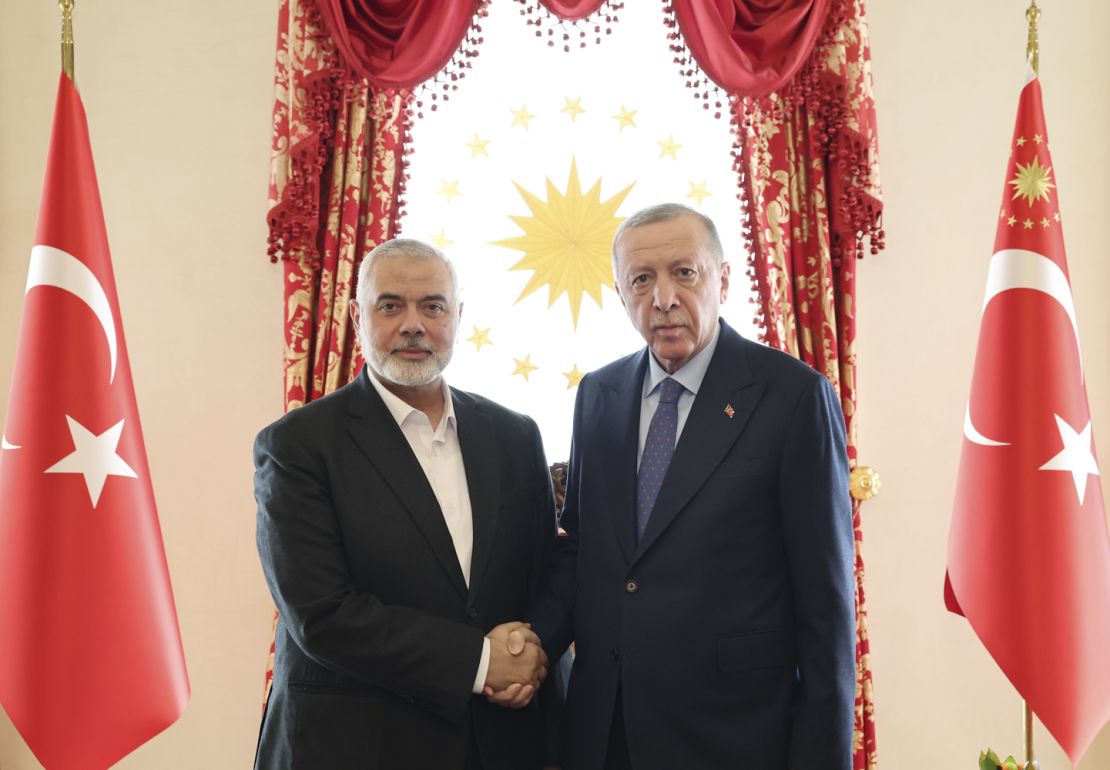
“Believe me, if it were 100 years ago, they would also call Kuvayi Milliye a terrorist organization, a rebel, a joke, a traitor,” Erdogan said in a speech to party lawmakers in May, according to state broadcaster TRT. “This nation has always stood by the oppressed.”
The gap between how Turkey and its NATO allies view Hamas was on full, awkward display when Erdogan hosted Greek Prime Minister Kyriakos Mitsotakis last month in Ankara.
“I don’t see Hamas as a terrorist organization,” Erdogan declared. “On the contrary, Hamas is an organization of resistance, whose territories have been occupied since 1947 and which has been defending its territories after the occupation… If you call them a ‘terrorist organization,’ it will upset us.”
“We can agree to disagree on this topic,” Mitsotakis replied.
Erdogan went on to claim that “over 1,000 Hamas members are now under treatment in our hospitals in Turkey.”
A Turkish official with knowledge of the situation has since told CNN the president misspoke. “He meant 1,000 Gazans are under treatment, who aren’t Hamas members,” the official said.
Since the war began, the Turkish Ministry of Health has made several medical airlifts of injured Gazans and their family members to hospitals in Turkey.
For Erdogan, ‘Hamas is Palestine’
Experts say the comment made by Erdogan in the presence of the Greek leader may have in fact been intended for an audience closer to home.
“Western leaders right now are very aware that Erdogan is basically talking for his domestic audience and for the Muslim neighborhood,” said Evren Balta, an international relations professor at Ozyegin University in Istanbul.
Domestically, she said, the president has managed to link Hamas and the Palestinians to the point that “when you are criticizing Hamas publicly, it is as if you’re criticizing the Palestinian cause.”
That, coupled with the strong affinity the Turkish public has with Palestinians, has led politicians of all stripes to tread carefully on the issue, particularly some secular and nationalist opposition parties.
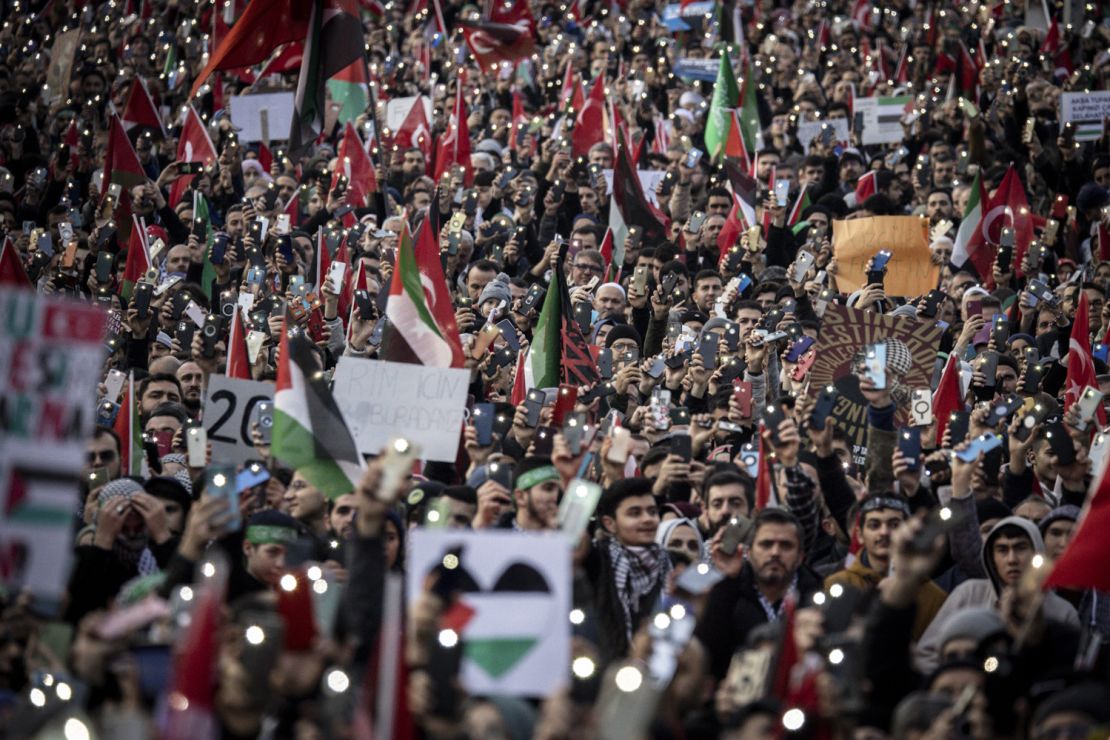
“For Erdogan, Hamas is Palestine. For the opposition, Hamas is not Palestine, but they are having difficulties framing the political discourse,” Balta said.
At a political rally ahead of the March local elections, Ozgur Ozel, leader of the secular CHP party established by Mustafa Kemal Ataturk, the founder of modern Turkey, highlighted his party’s longstanding support for the Palestinian cause and sought to counter claims that he regards Hamas as a terrorist organization.
“I have not called Hamas a terrorist organization, but I have condemned its terrorist attacks,” he said. “I also condemned Israel’s state terrorism.”
He then went on to taunt the president. “Now come on, Erdogan. If you are on Palestine’s side, stop the trade that your relatives, children, supporters and friends do with Israel every day.”
After the elections, Istanbul’s CHP mayor Ekrem Imamoglu – widely touted as a future presidential contender – took fierce criticism from political rivals and in the Turkish press for branding Hamas as a terrorist organization in an interview with CNN in April. This was despite his harsh condemnation of Israel and its “brutal oppression” of Palestinians.
‘No influence’ on NATO
Turkey’s NATO allies in the West have been quick to condemn Hamas, but they’ve been largely silent on Ankara’s cozy relations with the group.
“I think there is a degree of discomfort,” about the relationship, said Fabrice Pothier, a former NATO policy chief, who now leads the Rasmussen Global political consultancy. “It is not benign, that there is one major ally that is far away from the others, but I think NATO manages – up to a point – to compartmentalize between the bilateral positions or issues of allies, and the NATO collective positions and issues.”
A case in point, in October, NATO leader Jens Stoltenberg told the German Press Agency that Turkey-Hamas relations are not a problem because “in some ways it has no influence on what we do or don’t do because we don’t play a role in this particular conflict.”
Hamas members can freely come and go from Turkey and have a regular presence in the country. In fact, in December, Erdogan’s chief foreign policy and security adviser, Akif Cagatay Kilic told CNN that Hamas’ political leader Haniyeh “might have been” in Turkey on October 7, the day the militant group led an attack on Israel, killing 1,200 people and taking 250 hostages. But he claimed that historically, Turkey’s relationship with Hamas hasn’t merely been tolerated by Israel, but has even been encouraged.
He said former Turkish leaders “have been asked – even by (Israeli Prime Minister Benjamin) Netanyahu – to engage with Hamas.” Turkey’s aim is to bring peace to the region, he said. “We’re doing whatever it takes to achieve that.”
‘Inflation of mediators’
Although it isn’t officially a mediator in the Gaza conflict, there are indications that Ankara is involved on some level. In April, Foreign Minister Hakan Fidan said Hamas was willing to dissolve its military wing if a Palestinian state was created within the 1967 borders. This was later confirmed by an Istanbul-based Hamas member, marking the first time the group has offered to lay down its arms.
Fidan also helped relay messages between Washington and Tehran ahead of Iran’s barrage of missiles fired at Israel in April, and there is some indication that Ankara may be playing a similar conduit role between Washington and Hamas.
“We have been in touch with both the US and Hamas. We have been advising and encouraging both sides for an immediate and permanent ceasefire,” a Turkish official told CNN – pointing to calls that Fidan held with both Haniyeh and US Secretary of State Antony Blinken on the same day in mid-May.
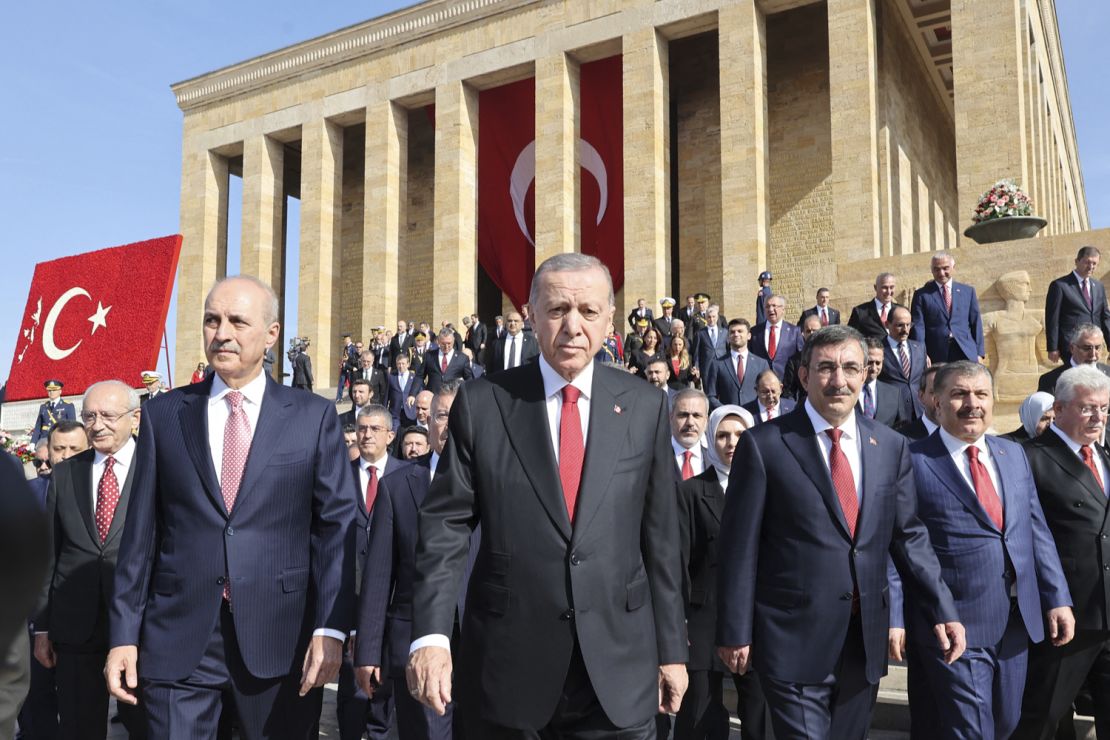
With Qatar mulling a possible exit from its mediation role, Balta says Turkey could potentially help fill the gap, despite its Hamas ties increasing distrust with Israel and the West. But, she says, the West would much prefer to deal with Turkey than with, say, Iran, which could become a future refuge for Hamas leaders if the group is forced to leave Qatar, where its political office is based.
“Western governments know how to deal with Turkey… so when it comes to Middle Eastern conflicts, who else is going to be a reliable partner? Really, there are not many other reliable partners,” she said.
For now, Turkey isn’t interested in playing a formal role in trying to bring an end to the war in Gaza. “We do not want to create an inflation of mediators,” a Turkish Foreign Ministry source told CNN in April.
Despite some discomfort with Turkey’s close ties to Hamas, Western states, Pothier believes, figure it’s better just to tolerate it.
“I think the West is finding it useful to have countries who can be between us and Hamas,” he said.
The post Erdogan turns up the heat on Israel as his party’s popularity wanes appeared first on Egypt Independent.
What's Your Reaction?
 Like
0
Like
0
 Dislike
0
Dislike
0
 Love
0
Love
0
 Funny
0
Funny
0
 Angry
0
Angry
0
 Sad
0
Sad
0
 Wow
0
Wow
0









